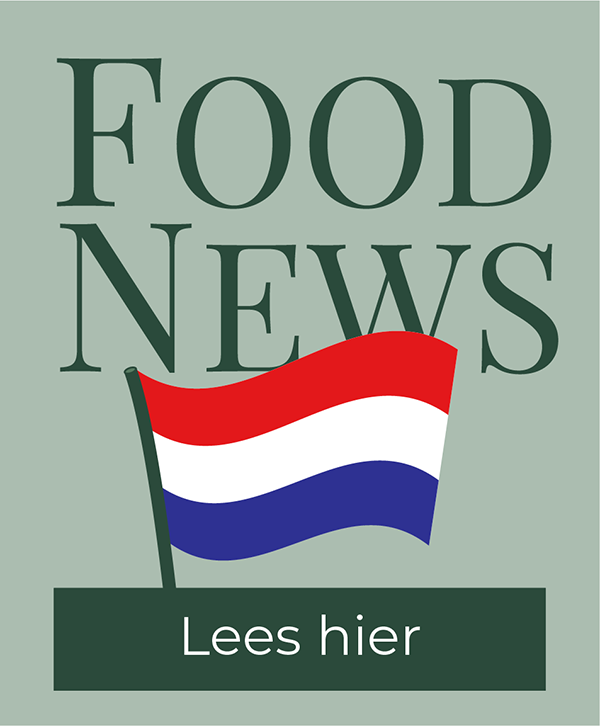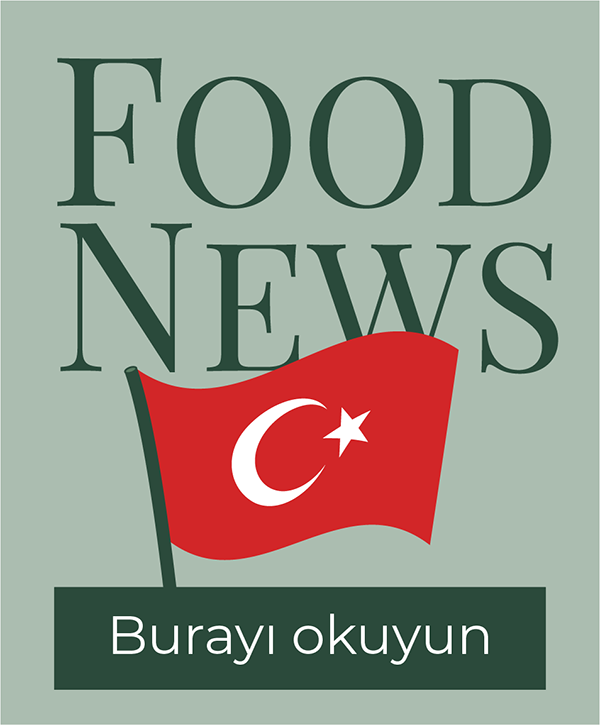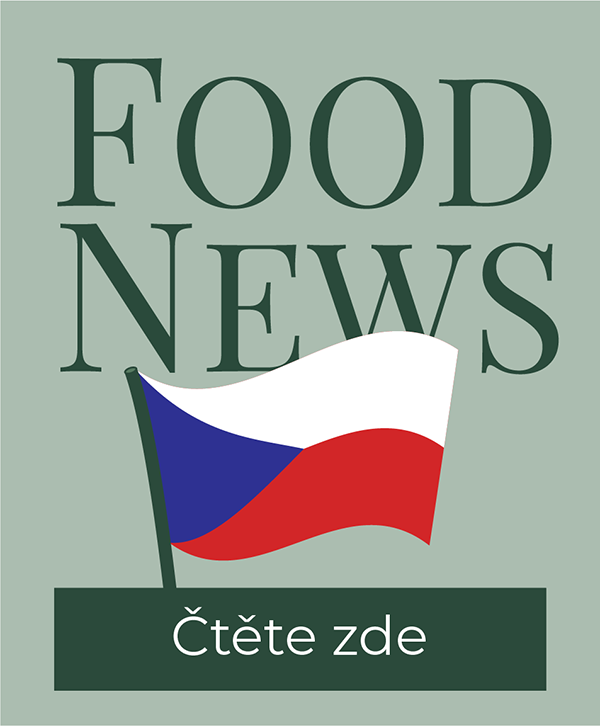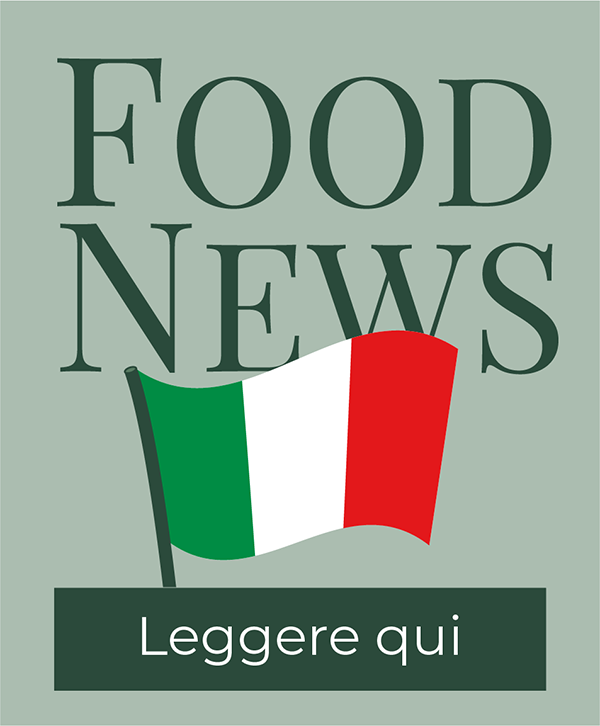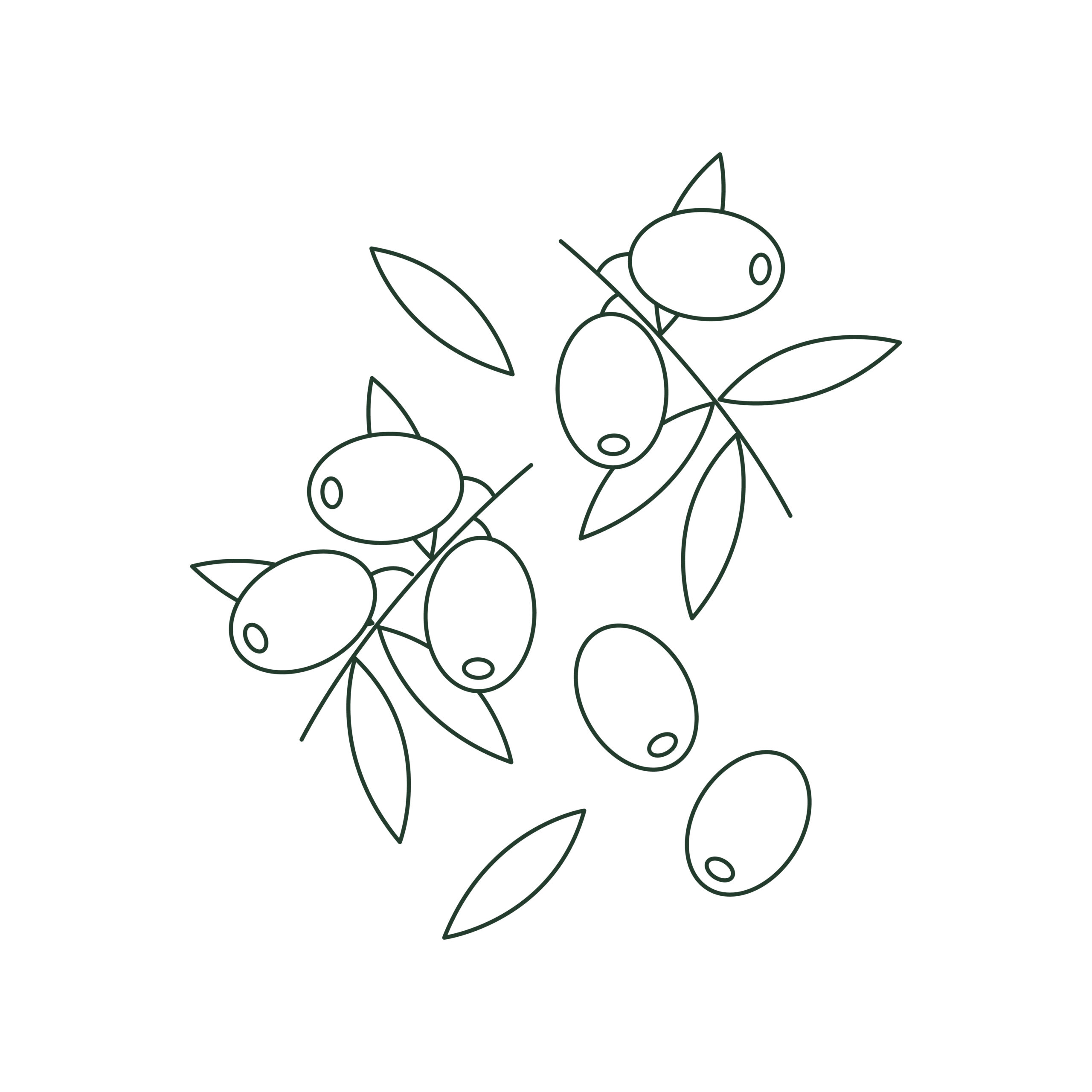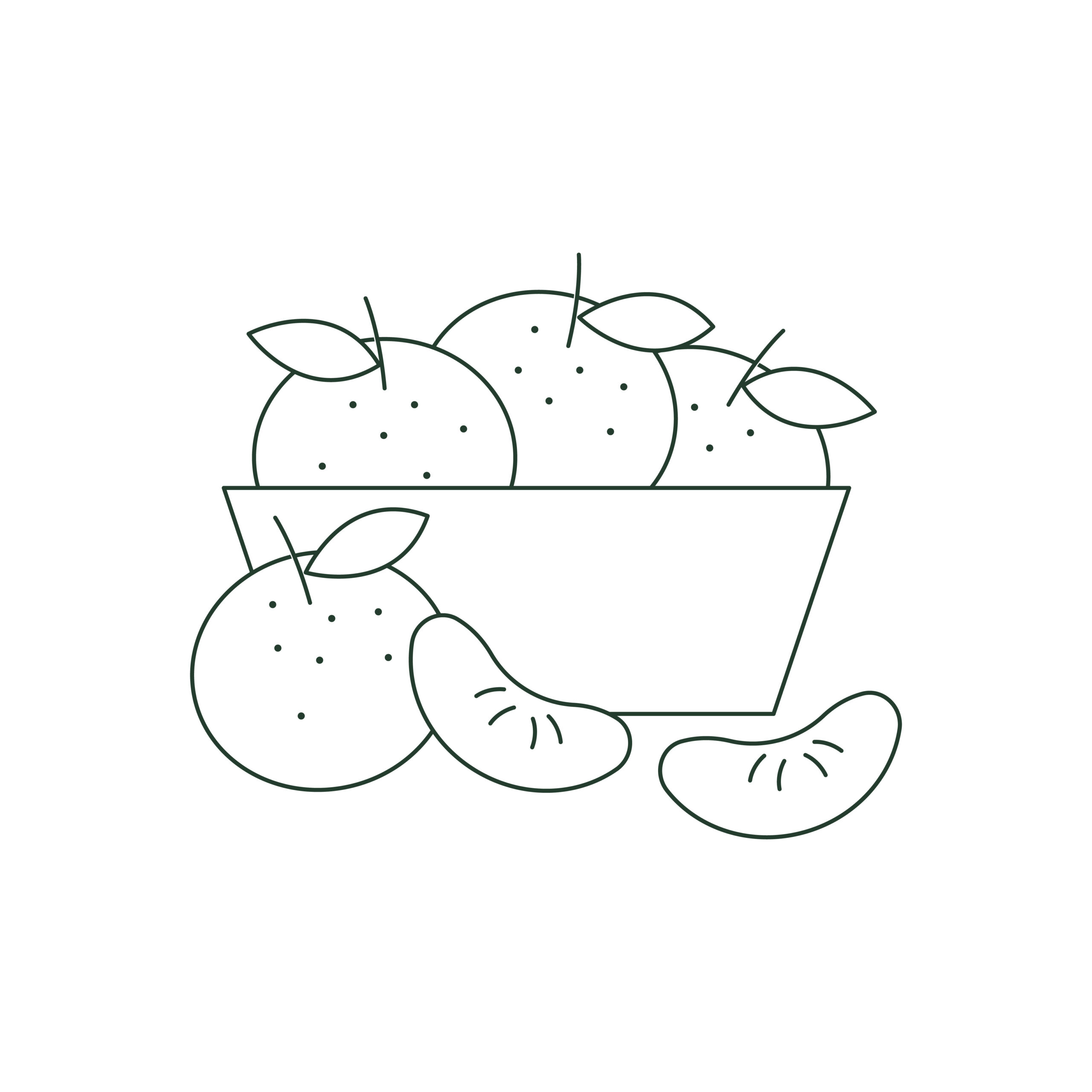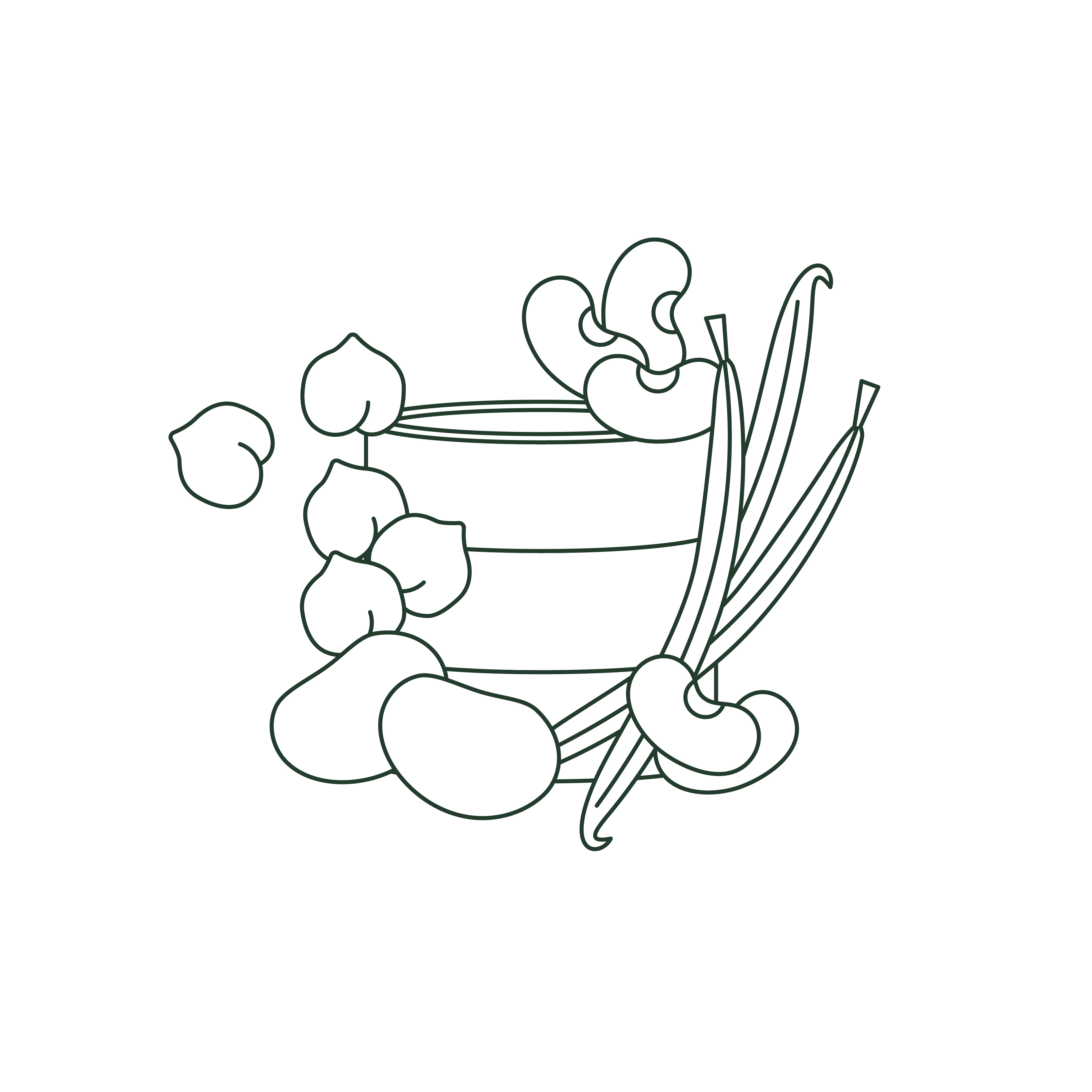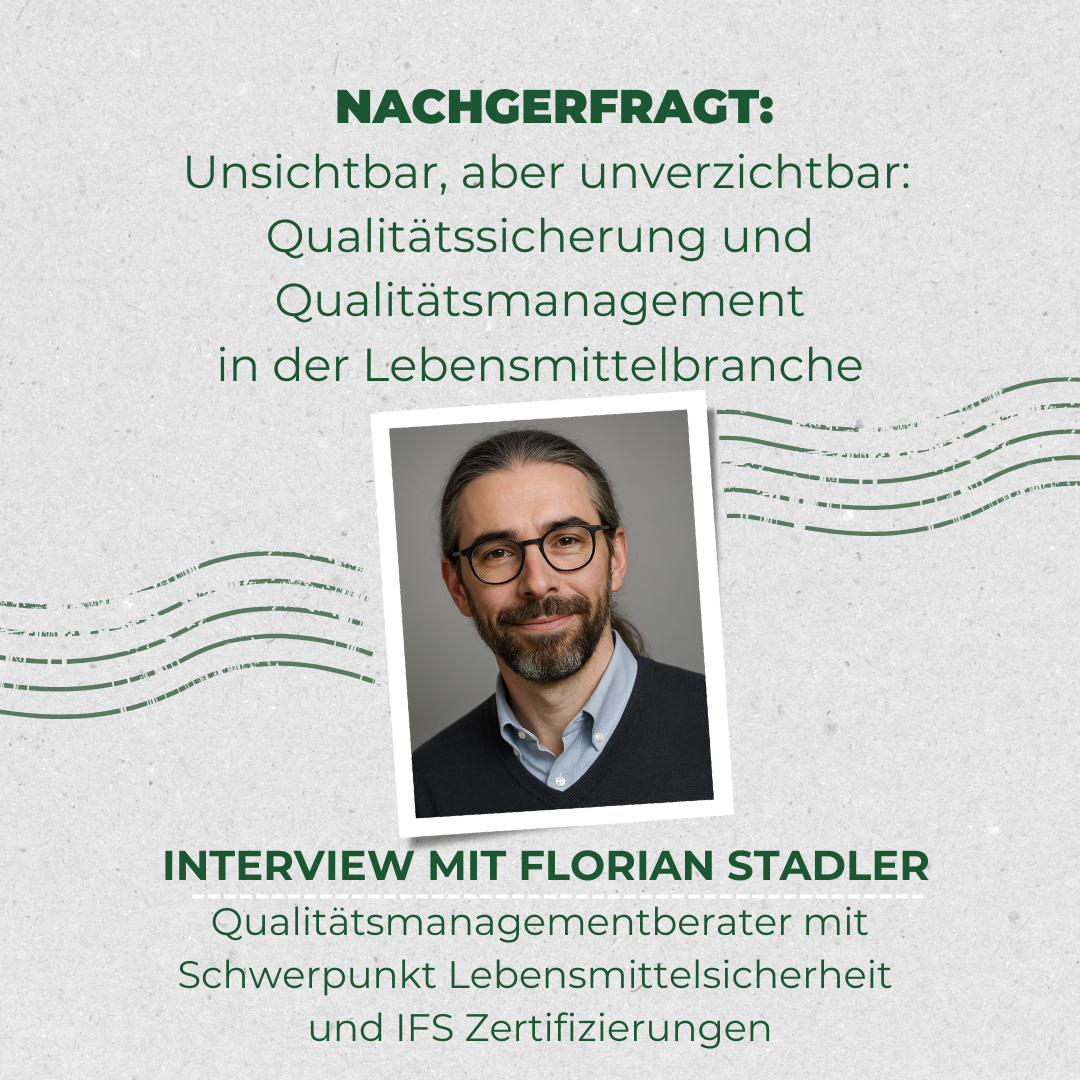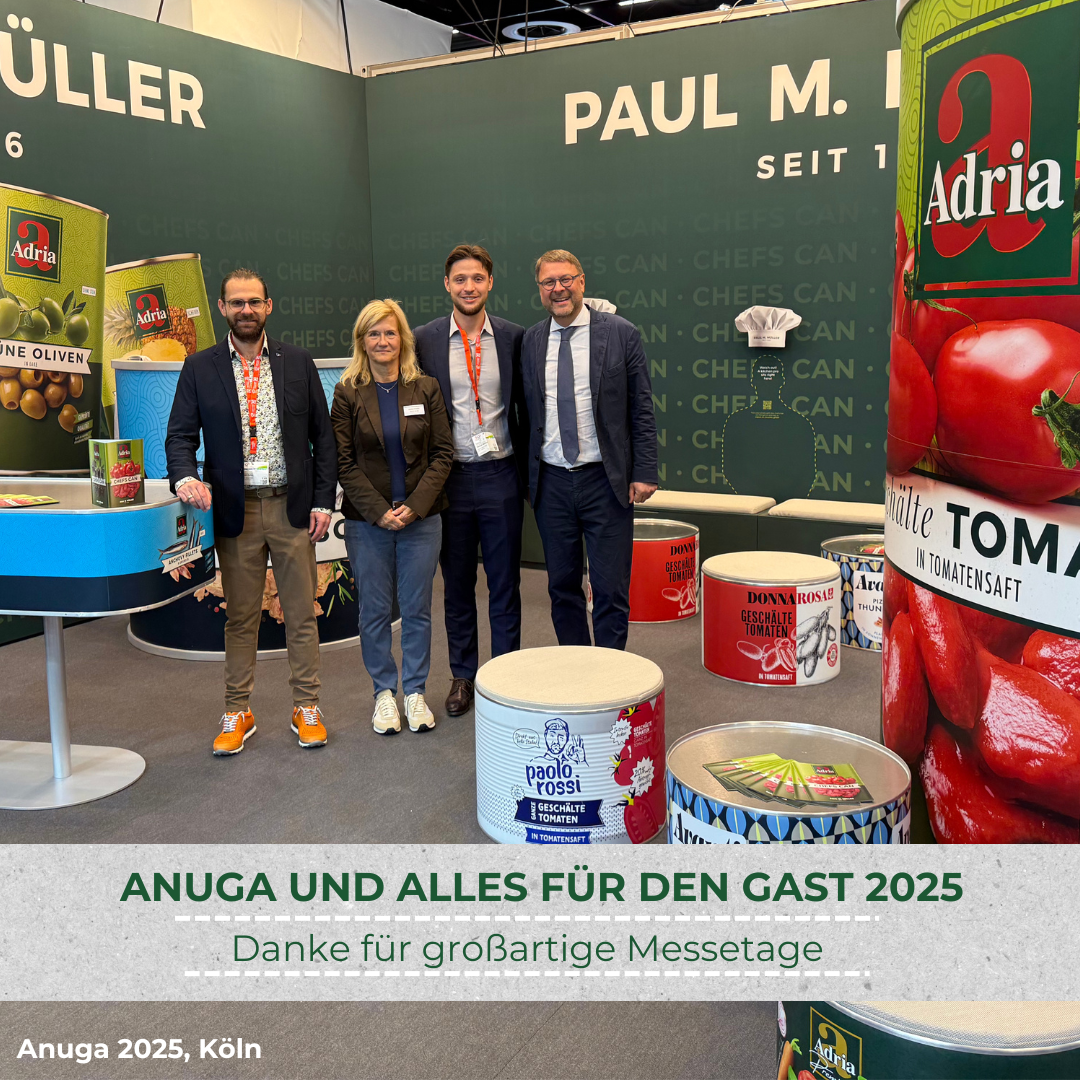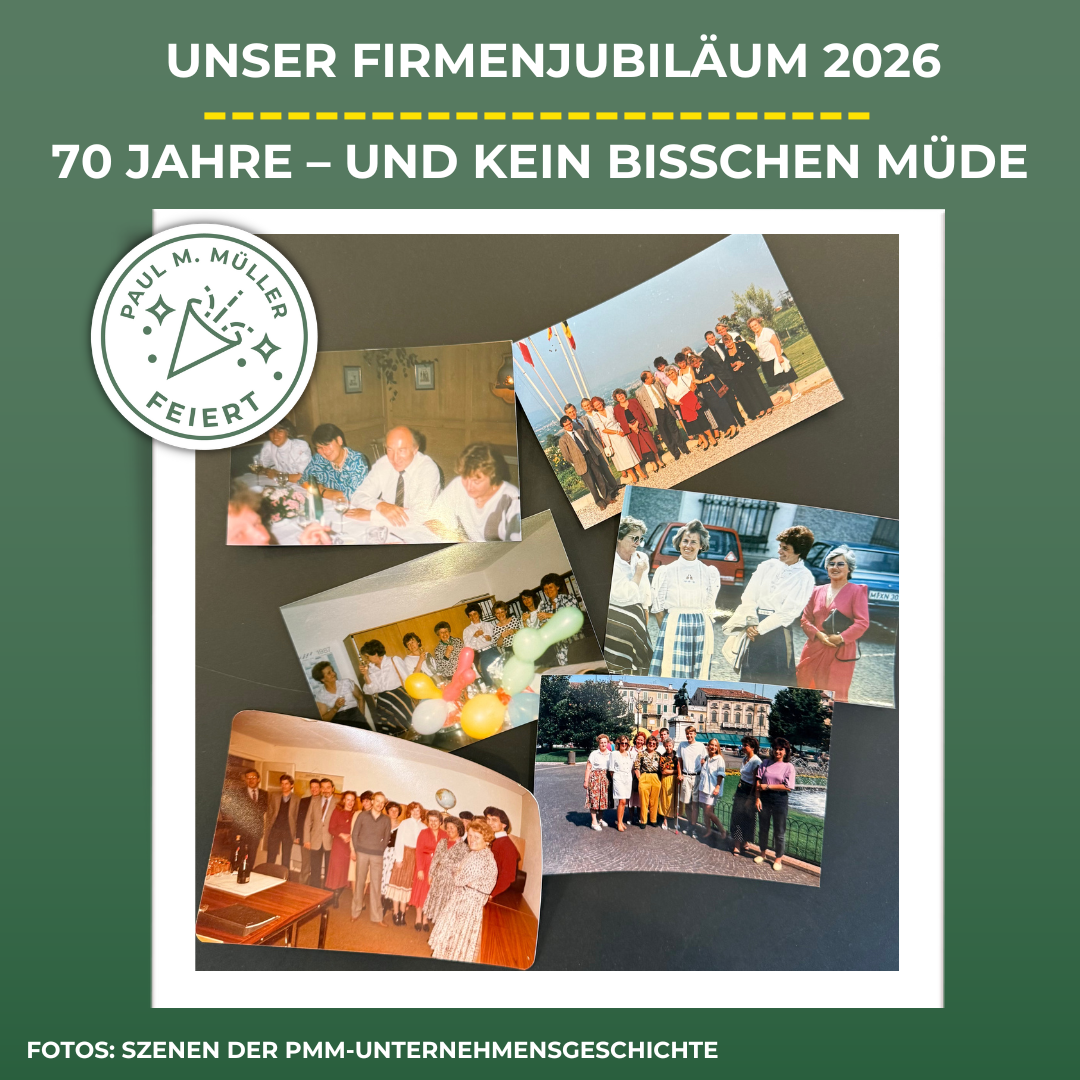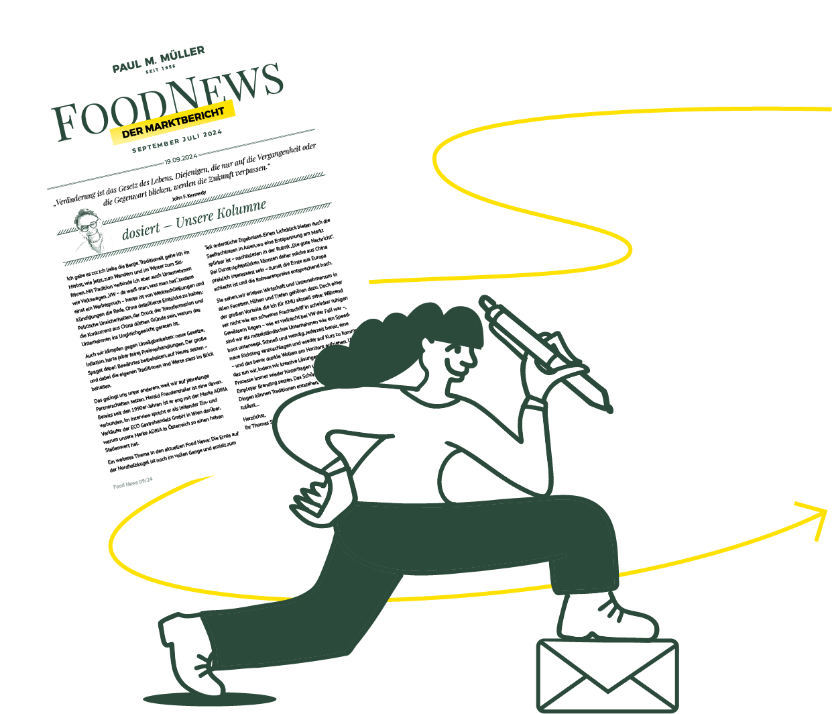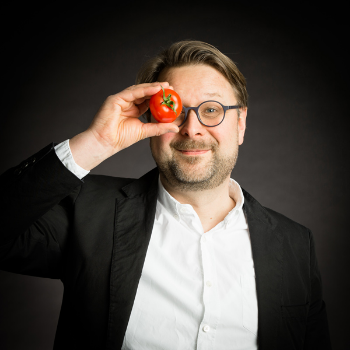Mr. Stadler, certifications have been gaining in importance in the food industry for years. Why are they so important today - and indispensable for companies like Paul M. Müller?
The main reason why certifications are indispensable today is that they are a clear customer requirement. The retail sector has developed these standards in order to introduce additional controls over and above the legal requirements and to have their implementation independently audited. In the food sector in particular, there are numerous critical control points - from origin and processing through to the arrival of the goods in the EU. It is therefore extremely important to customers that demonstrably high standards are maintained throughout the entire supply chain.
Is certification compulsory or optional?
Clearly mandatory. Hardly any broker can survive on the market today without certification. Even well-known brand manufacturers have themselves certified because retailers expect it - regardless of name or size. Certification is the absolute minimum requirement.
However, many companies still find it difficult to get started. What mistakes do you see most often?
The most common mistake is too short a preparation period. Many people don't deal with the topic until late or postpone requirements again and again. At Paul M. Müller, things were different: they started early, sought advice and spent over a year preparing specifically for the first certification. This ensures stability and sustainability in the system.
When is a company ready for certification?
This depends heavily on the initial situation. If a company already has a functioning QM system, three to six months is sufficient. Others first have to find employees, define processes or update specifications. Basically, the earlier you start, the more relaxed and sustainable the certification process will be.
What role do good employees play in quality management?
Central QM and QA depend on people who are really passionate about the subject. It is an area that requires constant further training - new topics such as sustainability, supply chains or international legal changes are constantly being added. And you have a lot of responsibility: quality management doesn't earn any money, but without certification, the existence of a company could be at stake in the worst-case scenario.
How have the requirements changed in recent years?
They have become much more complex. There are more questions, more evidence, more documentation requirements. Something is added every year - and something is rarely dropped. Although this is in line with the idea of continuous improvement, it also means that companies are under pressure to constantly provide "even more".
Are there typical misunderstandings about QM and food safety?
Yes, two particularly big ones. First: that QM is the task of a single person. That is not true. A good QM system only works if all departments are involved. Secondly, that QM only costs money and achieves little. Yet it ensures the long-term success of a company. Without stable processes, there is no stable future.
How do you recognize whether a company is strong in quality?t?
Very quickly on the documents. We see documents first - and their quality reveals a lot. Are they up-to-date, complete and consistent? Or do they appear outdated, unclean and contradictory? These first impressions are a very good way of assessing how professionally a company works.
You talk about "pragmatic quality management". What exactly does that mean?
Pragmatic QM means meeting requirements, but not complicating them unnecessarily. Not every measure has to become a scientific treatise or doctoral thesis. A good system grows over the years - it starts pragmatically and develops continuously. As consultants, we provide tried-and-tested, comprehensible solutions that work immediately. This saves time and nerves and ensures that the specifications can also be implemented in everyday life.
What role do your experience and your view of many different audits play?
A big one. Due to the large number of audits that we accompany every year, we see trends, focal points and different interpretations. Companies usually have one audit per year - we see dozens. We pass this experience on directly to our customers, including Paul M. Müller.
Many employees are nervous before audits. How would you describe the relationship between the company and the auditor?
Ideally in partnership. An audit is not a process against each other, but a structured procedure. It usually goes well to very well, and there are almost always small points for improvement. Only in rare cases is certification refused, for example if a serious error occurs. Overall, however, the atmosphere is constructive - even during unannounced audits.
What trends will shape quality management in the coming years?
Above all, legal requirements, sustainability issues and customer requirements. There are also two major drivers: digitalization and artificial intelligence. Both are used to evaluate data faster and work more efficiently.
How realistic is the use of AI in quality management today?
Very realistic as support - but not as a decision-maker. AI can sort large amounts of data, evaluate analyses or cluster complaints. But the responsibility always lies with the company. Legally compliant decisions still require specialist knowledge and people who put their name to it.
What makes the collaboration with Paul M. Müller special for you?
The interplay of professionalism, openness and genuine cooperation. The management invests in employees and processes, is present during audits and stands behind the topic of quality management. This has made the cooperation very pleasant for years - and ensures that audits are reliably stress-free and passed very well.
Personal details:
Florian Stadler is a quality management consultant specializing in food safety and IFS certifications. He studied food technology and worked for many years in the consulting company of his mother, Christa Stadler, who laid the foundation for his current specialization in 2003. He has been a freelance QM consultant for over five years and supports companies throughout Europe in the introduction, further development and auditing of quality management systems. His core areas include: IFS, food safety & audit preparation, risk and crisis management (including recalls), supplier approval & international requirements, setting up pragmatic QM systems that work in everyday life. You can find more information here.
